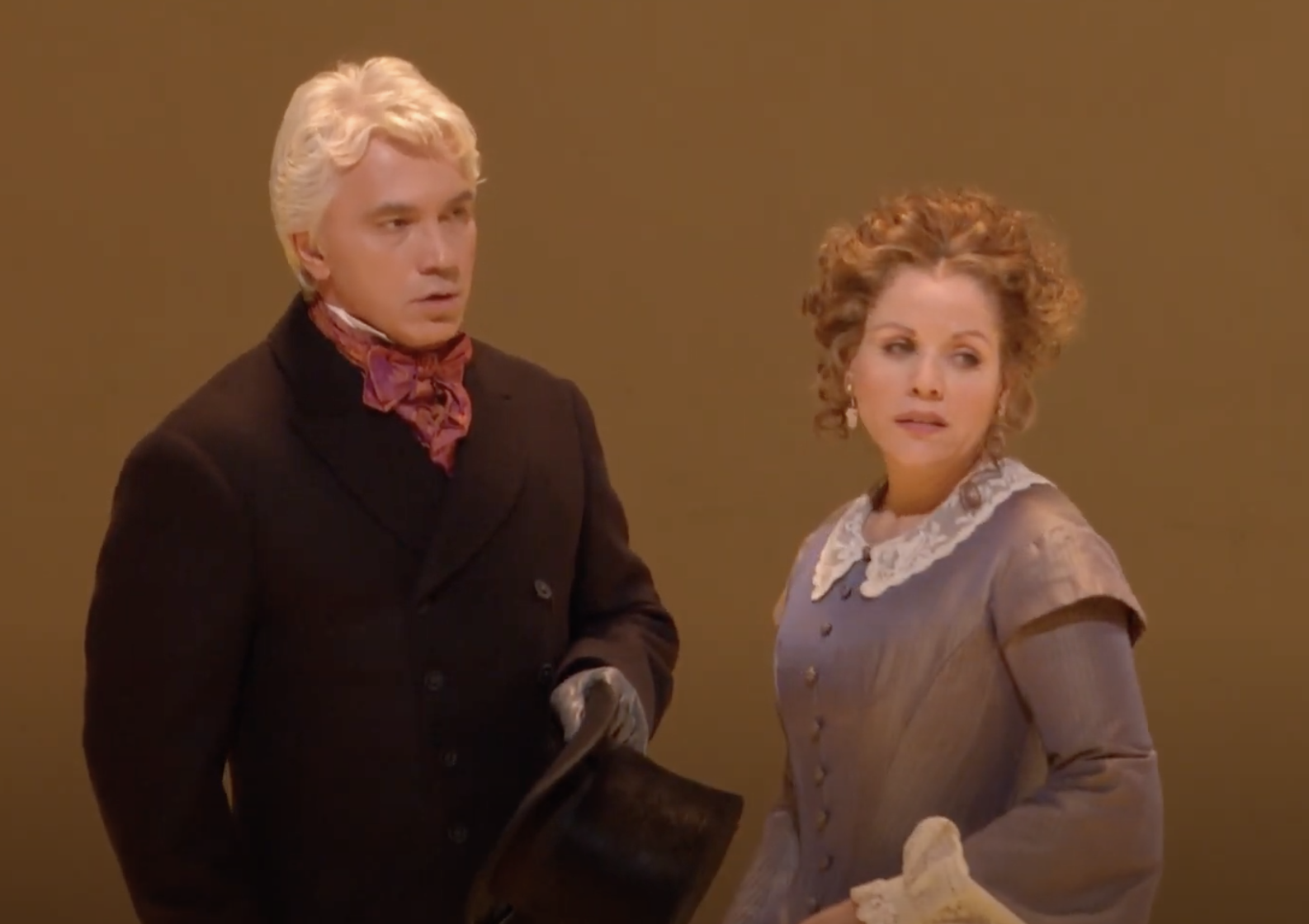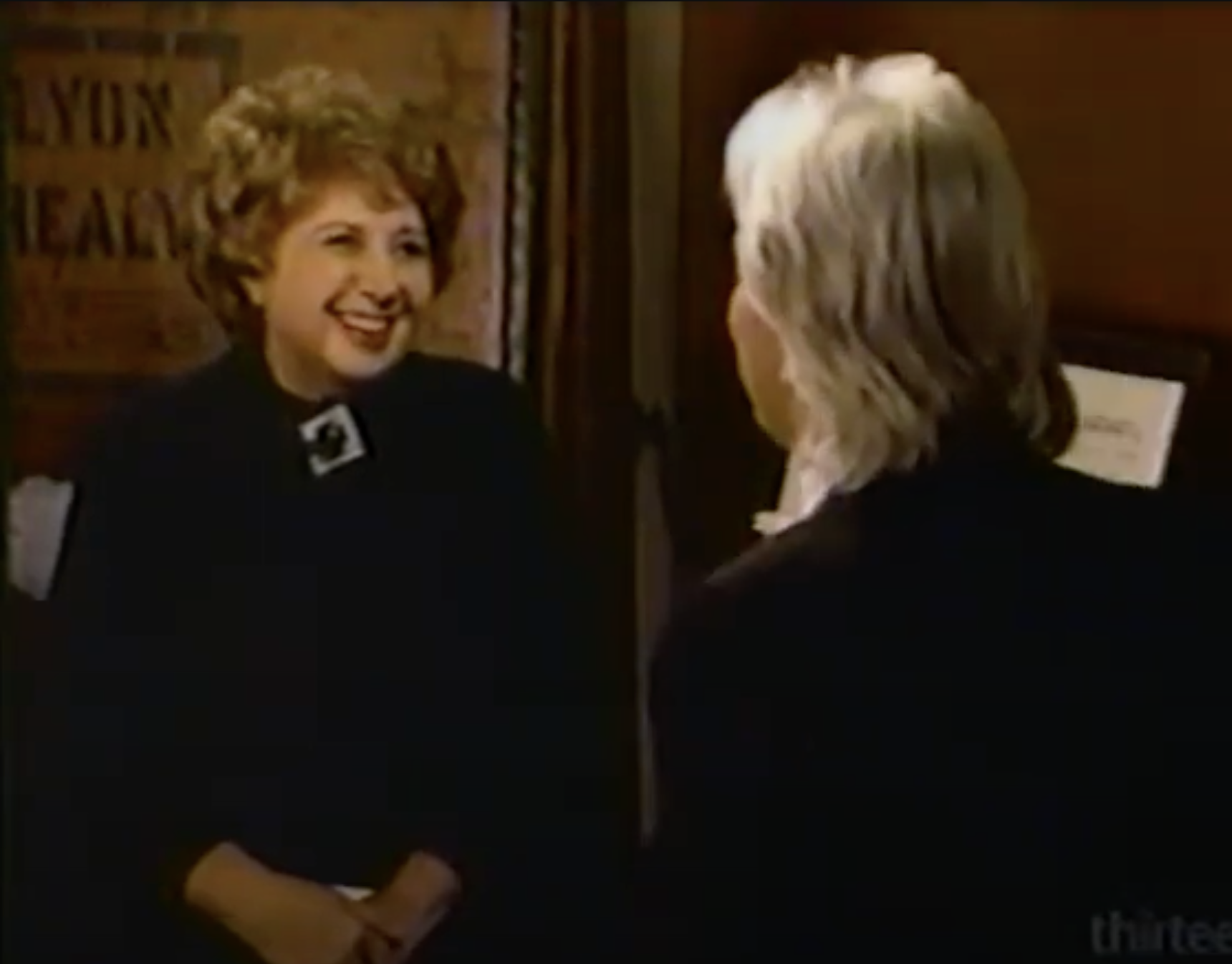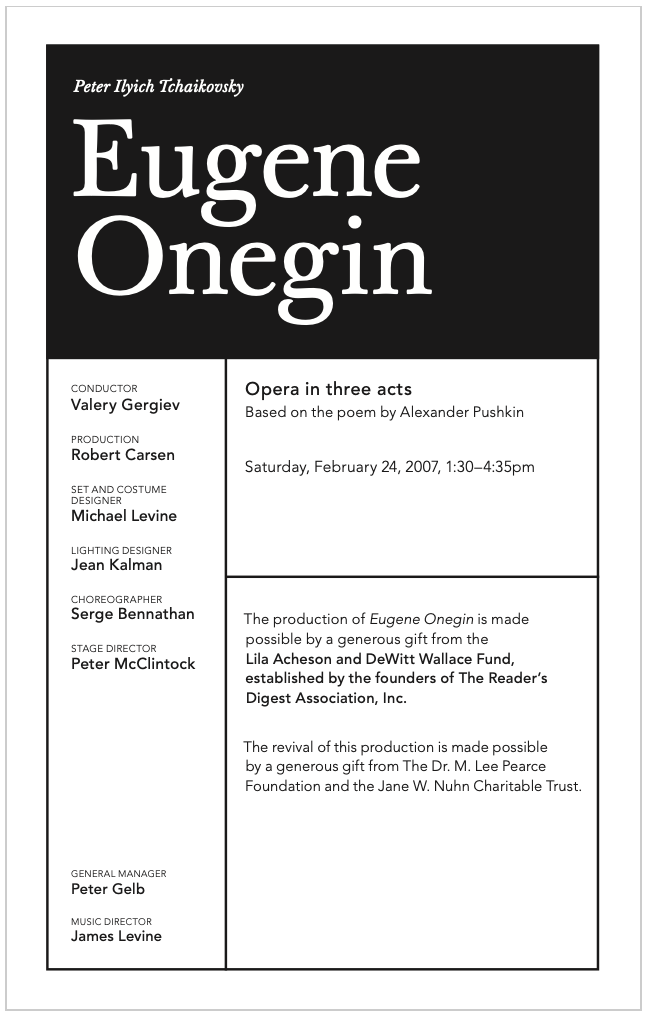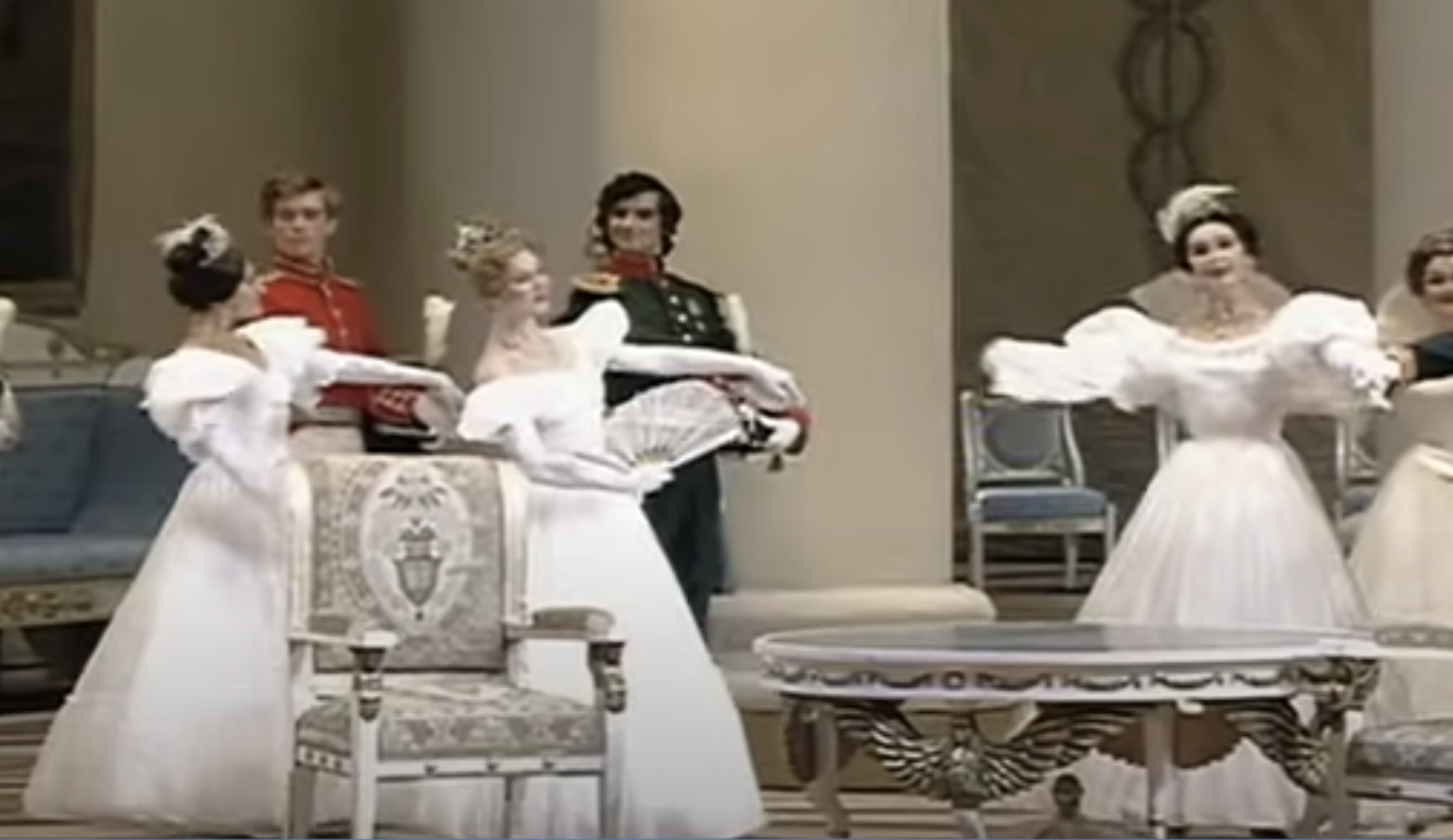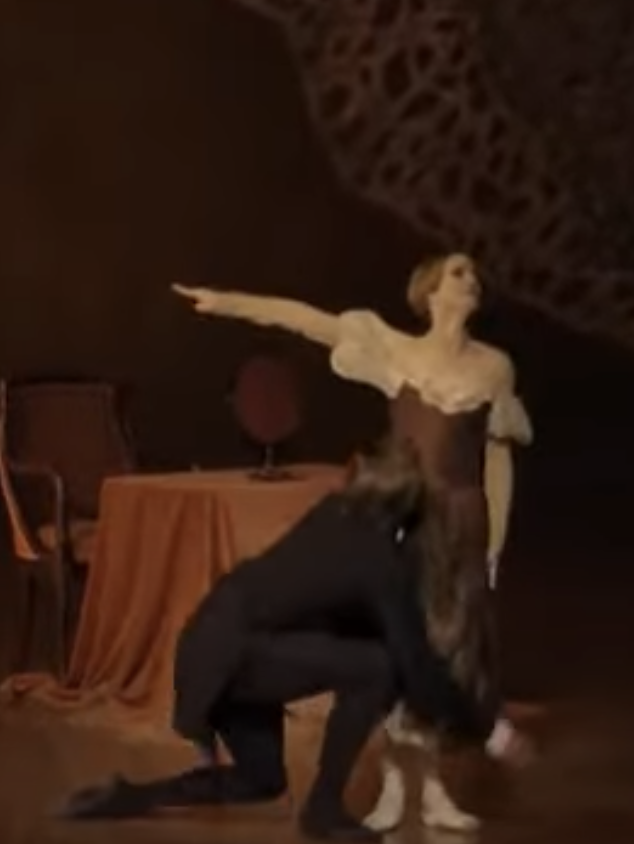Eugene Onegin
Background
Tchaikovsky's Opera
For the American audience, Eugene Onegin is not an easily approachable work in the classic opera canon. The reasons are that it is sung in Russian and is based on a piece of literature that most Americans have not even heard of let alone read. That obtuseness of tempered by it's very beautiful score and that it is sung by America's sweetheart soprano, Renée Fleming. There is a lot of memorable music in this opera. For example, the Polonaise is very well known even if the listener does not know its origin (see the Polonaise item, below).
Tchaikovsky composed 11 operas:
- Undina - 1869
- The Voyevoda - 1869
- The Oprichnik - 1874
- Vakula the Smith - 1876
- Eugene Onegin - 1879
- Orleanskaya deva - Grand opéra - 1881
- Mazeppa - 3 acts - 1884
- Cherevichki - 1887
- The Enchantress - 1887
- Pikovaya dama - 1890
- Iolanta - 1892
Tchaikovsky died of cholera in 1893 at 53 years old.
Both inside and outside of Russia Onegin is also Tchaikovsky's most popular work. It is based on the most beloved work in all of Russian literature, Pushkin's eponymous verse novel.
Literary Source - Alexander Pushkin
Alexander Pushkin was and still is Russia's most beloved poet. He is the Shakespeare and Goethe of Russian literature.
Pushkin's personal background is equally as extraordinary as his body of work. Pushkin's great-grandfather was an Ethiopian soldier captured by the Ottomans. He was presented to Peter the Great as a gift. Tsar Peter sent him to Paris for education and he emerged Abram Petrovich Gannibal and became a Russian nobleman.
"Yevgeny Onegin" is a long verse poem composed of 389 stanzas of 14 lines in iambic tetrameter. Opera singers and academics alike comment that the Russian original sounds much better than attempted translations. There are more than a dozen translations of the novel into English. I have read five of them and they are all very enjoyable -- I can only imagine the pleasure of reading it in the original Russian.
Among the other long reads of Russian literature, Onegin is a uniquely impressive work of art. The structural difficulty seems mind boggling. Like Latin languages, Russian words are gendered and Pushkin imposed word gender into his complex rhyme scheme: AbAbCCddEffEgg, wherein the capital letters denote feminine words and the lower case letters refer to masculine words. I think it's fair to say that most literate persons can compose a 14-line stanza that adheres to this scheme. But the genius and labor to write nearly 400 beautiful stanzas boggles the imagination. So it's little wonder that Pushkin is so highly revered among Russians. In one of the translations I read, the translator's preface recounts his research and discovery finding many everyday Russian citizens who can recite stanza upon stanza from memory -- and even in every town hearing tell of an old man who can recite the entire verse novel upon request. Recall from Dr. Zhivago when half-brother Yevgraf declares that no one loves poetry like a Russian.
So that's all to say that it's no wonder that even opera fans are not intimately familiar with the source. Please take the easy way out and read the synopsis posted elsewhere on this page.
Eugene Onegin - June 13, 2025 Offering
Live in HD Simulcast, Metropolitan Opera 2007. Duration: 2 hrs 36 mins
Conductor: Valery Gergiev Eugene Onegin: Dmitri Hvorostovsky Tatiana Larin: Renée Fleming Vladimir Lensky: Ramon Vargas Olga Larin: Elena Zaremba
Beveryly Sills Hosts Onegin Scenes in 2000
Met legend Beverly Sills hosts the Onegin Scenes event at the Lincoln Center in 2000. This video features interviews with both Hvorostovky and Fleming, as well as background on Alexander Pushkin's verse novel. In the second part of the video Frances Sternhagen portrays a mature Tatiana's narration of the main opera scenes. The first 20 minutes of the video are the interviews and background material. Sternhagen's scripted narration of the scenes take the last 70 minutes.
Sadly, Dmitri died of brain cancer in 2017.
Met Opera 2007 Eugene Onegin program
Met program from the 2007 production. Please read the synopsis here to understand the story. The alternative is to read one of the many translations of the epic poem (set aside a few days if you choose that route). If you do choose to read the poem, you will thank yourself for having done so.
Onegin Libretto
Libretto for Eugene Onegin in English translation. This is the intermediate solution to knowing the story. The synopsis in the program (above) is the quickest alternative.

